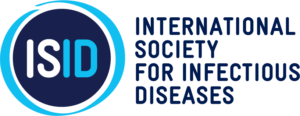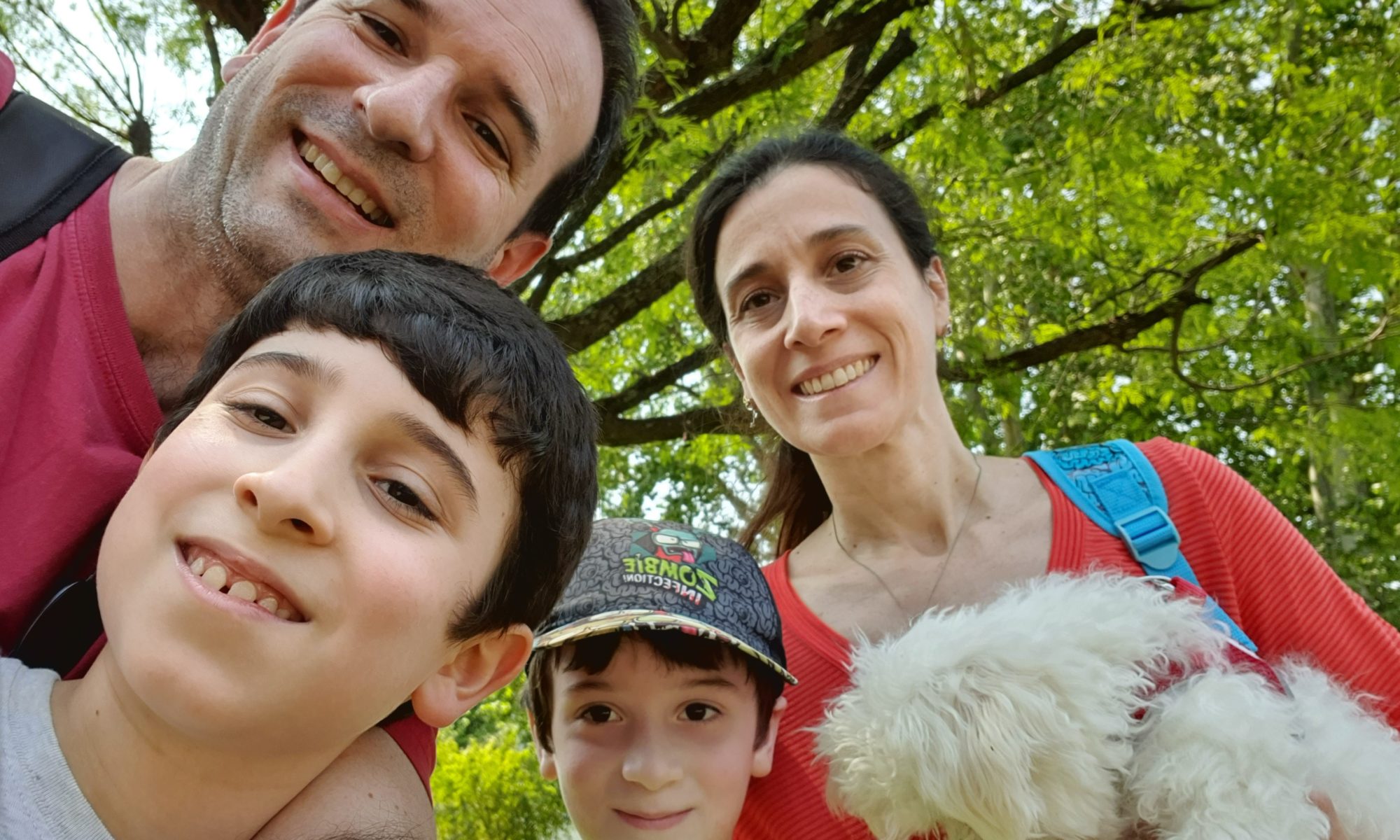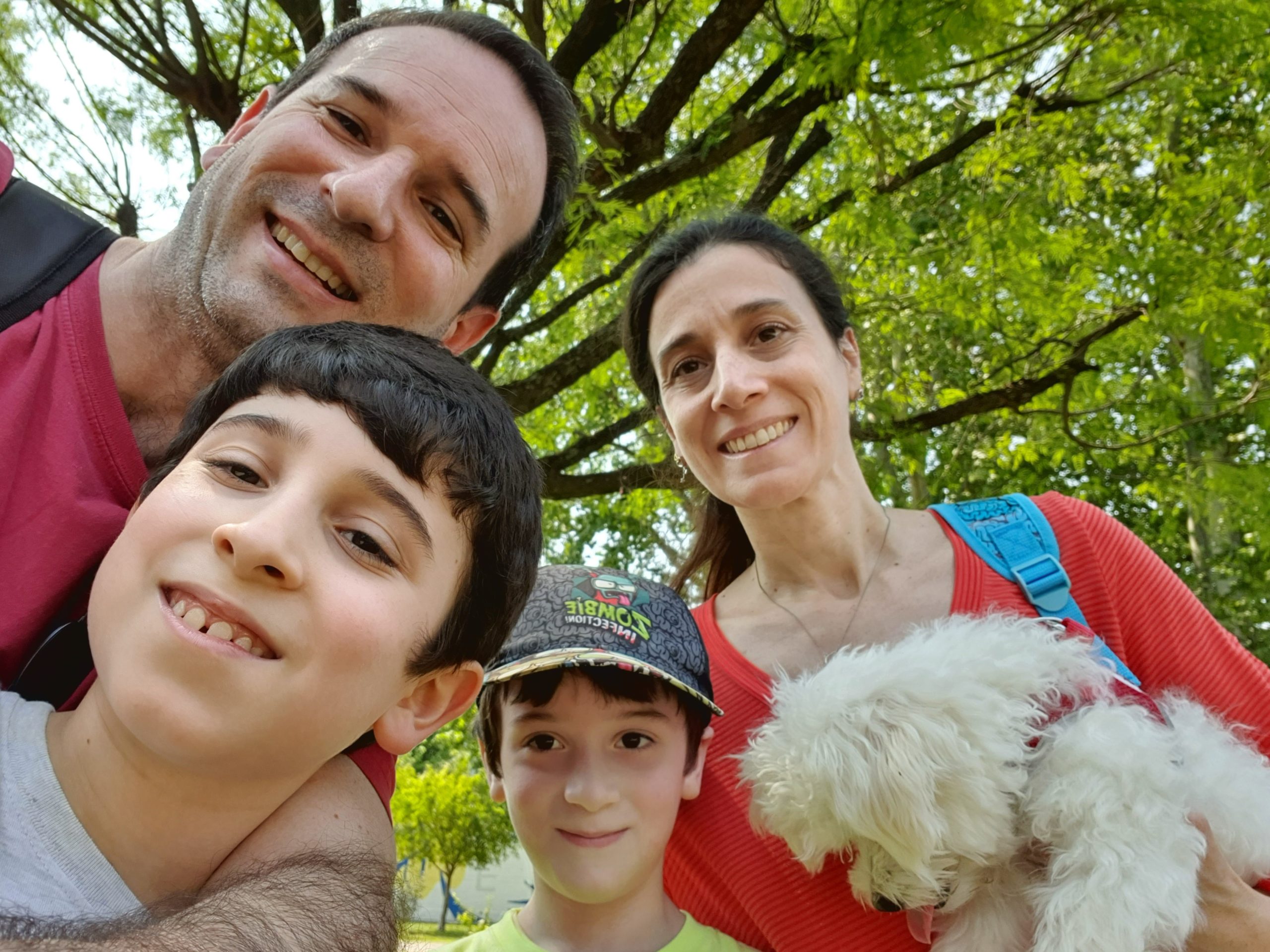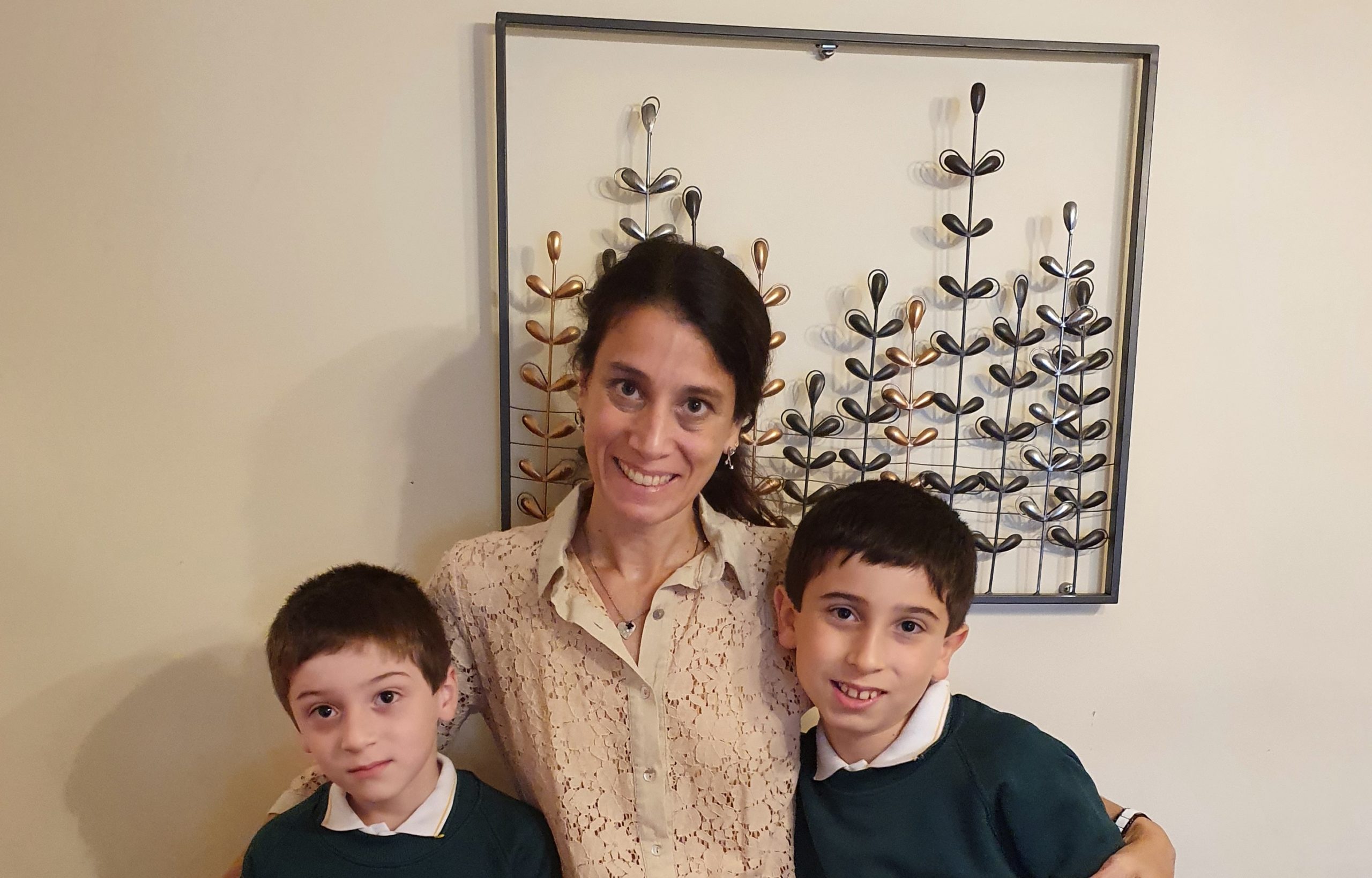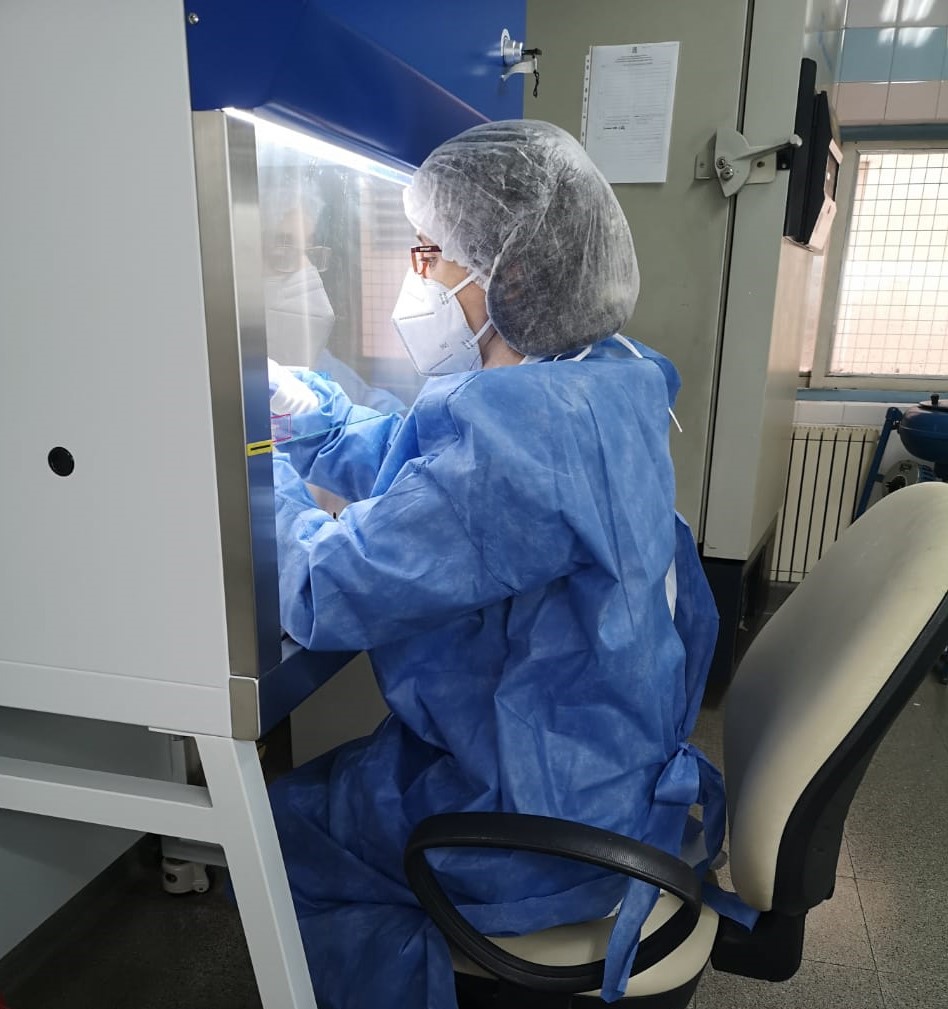An overwhelming amount of information regarding COVID-19 arises daily as new data become available. Writing research grants to several funding agencies during this hectic time needed to be done fast and efficiently. Since there were more unknown features of this virus than known, many ideas emerged, and I was able to plan interesting studies. Contributing to understanding this disease is challenging. Evaluating the immune response in children and adults and unveiling the different clinical spectra and the underlying mechanisms of the disease is the aim of these studies. Living through this pandemic is challenging for everyone, but knowing that I am contributing to its understanding and resolution is encouraging and makes me proud to be a virologist.
Every day I teach my children that everything they yearn to achieve in life needs effort, dedication, optimism, self-confidence and, most importantly, passion. Staying up late at night finishing the report of experiments, replying to emails and writing manuscripts can be exhausting, but it is worth it because I am following my goals and doing my part during this COVID-19 pandemic. Likewise, advising students and fellows on their laboratory projects and scientific careers allows me to leave them a legacy of my experience and skills, which is also very rewarding.
Pandemic times, although uncertain and puzzling, have taught us many things including how to appreciate and enjoy the pleasant little moments of everyday life, to care for our loved ones and others, and to think of the needs of others and act in pursuit of it. We represent only a small part of this world and with our joint efforts we can contribute with our grain of sand to the well-being of our communities and our countries.
Dr. Laura Talarico is an investigator from the National Scientific and Technical Research Council in Argentina. She has a Ph.D. in Biological Chemistry for studies on the antiviral activity of natural compounds against dengue virus. Dr. Talarico has performed post-doctoral studies at the University of Buenos Aires and at Washington University School of Medicine in St. Louis, MO, USA. She has worked at Fundación INFANT, in Buenos Aires, where her research was focused on basic virology as well as translational studies, developing an immunocompetent mouse model of dengue virus secondary infection for the study of the mechanisms of dengue disease, and participating in clinical projects in Argentina and Paraguay, aimed to characterize the immune response of children and adults with dengue and severe dengue. Currently, she is working at the Department of Medicine, Ricardo Gutierrez Children’s Hospital, Buenos Aires. Her research mainly focuses on the immune response against dengue and Zika virus infections. Furthermore, she is participating in clinical projects aimed to study predictive markers for severity in pediatric respiratory viral infections, including COVID-19. The ultimate aim of her work is to identify viral, immunological and physiological factors involved in viral infections of public health significance that will likely contribute to better assessment of these infections in vulnerable populations.
